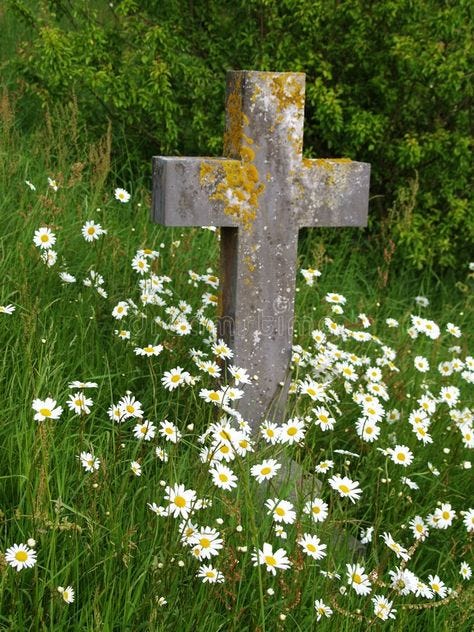Rewilding Christianity
I recently watched several YouTube videos interviewing Dr Martin Shaw. He is a mythologist and recently rediscovered Christianity.
Dr Shaw has been researching the myths around the Irish saints, who they are, what they did and the deep values which seep through these stories.
Myths are important as they provide foundational values to a people group. They are not fake tales, which never happened, but narratives which define a culture.
The West is built upon the World War II myth, where the West defeated the Nazis and saved the Jews. This is the simple and symbolic story which embodies the Western value system. Even though the story isn’t 100% true, it provides a basis of ‘What the West is All About’.
Dr Shaw wonders if Christianity needs to be ‘rewilded’. So he wants to sow the Church myths into the conversation.
What does this mean?
When I read the phrase ‘Rewilding Christianity’, I understand it to mean an uncovering of the overgrown and neglected paths. But not a return to Middle Ages Christianity or the Early Church, but a rediscovery of the myths which helped define their cultures and then retell them for our time.
Non-Progressive Christianity has now been pushed to the fringes of Western Culture. Marched off into the margins, it exists amongst the unfashionable ideas, the outdated wise-ways and the rejected myths.
Here, at the edge, the greatest miracles can happen. Outside the City, the Resurrection story can begin its climax. Where death leads to life. Where seeds sown, will germinate and break through the ground.
What seed has God scattered in the West? What wildness will he draw into the pews? Who has He called to ‘untame’ His Church?
[Note: I believe this is happening now. I am seeing all types of people returning to Christianity; the disillusioned radical environmentalists, the post-New Atheists, the Dissident Rightwingers and the Detransitioners. This also includes an icon carver, a rambling psychology professor and of course, Dr Martin Shaw, the mythologist.]



Follow-up to my previous comment...
Interestingly, there is this great myth in the first chapter of Genesis, which describes a world very much like the one you and I live in (minus all the manufactured objects/structures and technologies): land, sky, and seas; sun, moon, and stars, plants, birds, animals, and human beings.
The text is pretty clear that this world is created by...who exactly we are not sure. The Being who calls the world into existence and gives it form (whatever that means) is beyond the capacity of the human mind to grasp or the human imagination conjure an image of. There's even a set of rules that basically say as much: I'm God; don't bother try to image me. It's not going to work.
And then at the very end of the first chapter of Genesis, this Creator who exists beyond all knowledge and imagination, says to himself, I will leave one particular type of being to be my representative in this new world, "to bear my image." Lo and behold, that's beings like you and me.
Much, much later on, this Creator becomes a being like you and me and summarizes the meaning of the creation story, the law, histories, the wisdom literature, and the prophets: Love the Creator and love the creature created in his image.
That's a great myth. It has a profound moral. It gives you a different perspective on yourself and the world you live in and share with others. And it starts in a garden devoid of any creation of human hands. That's about as wild as it gets.
Instead of calling for a re-wilding, why not actually do the work and tell the myths you think need to be told?
I don't know, man. I returned to church after 12 years away, but it wasn't to any confessionally orthodox conservative church. It was to a confessionally orthodox progressive church. Guess what? I wasn't the only one.
One reason that causes me to question whether a "re-wilding of Christianity" is a genuine response to the Gospel is that the categories are all abstract: culture, myth, ideas, etc. The point of the Gospel is that the Logos became flesh. Here's a myth that literally begs you to get out of your head and meet people. Take a step out of the abstracted corridors of human history and into the lives of flesh and blood people.